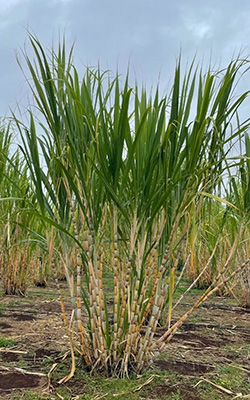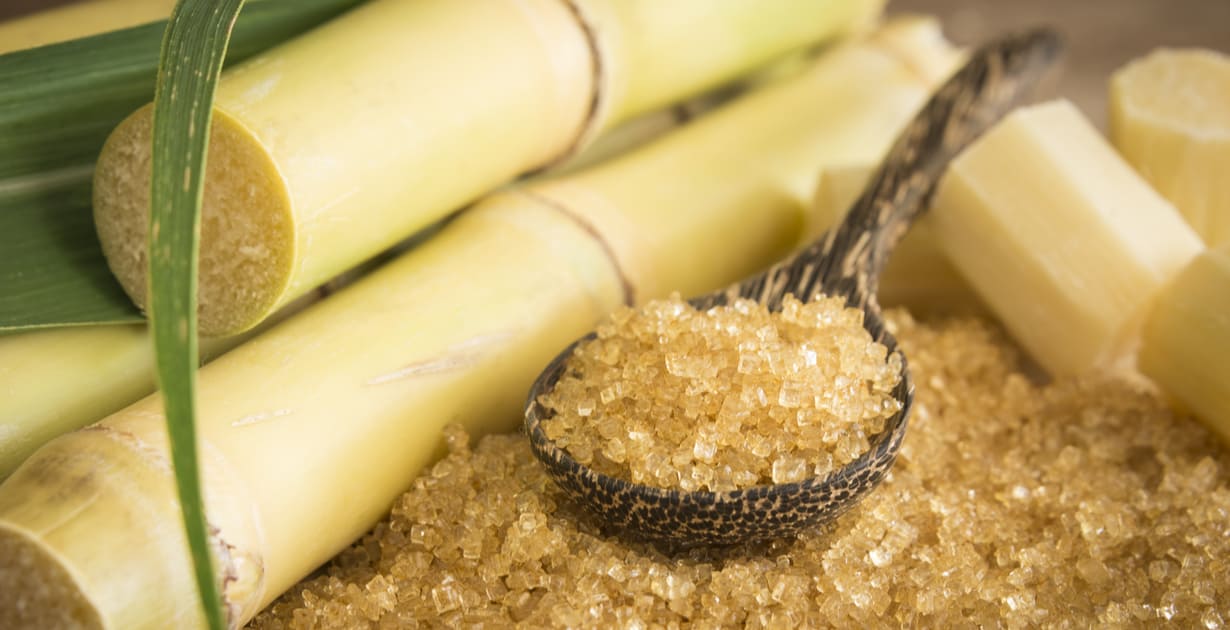How Sugar and Cane Affect Your Taste Buds and Cooking Experience
How Sugar and Cane Affect Your Taste Buds and Cooking Experience
Blog Article
Why Walking Cane Sugar Processing Chemicals Are Important for Modern Sugar Refining
The function of cane sugar processing chemicals in modern-day sugar refining can not be overemphasized, as they are important to enhancing both the efficiency of extraction and the overall top quality of the end product. Agents such as phosphoric acid and details flocculants are utilized to remove impurities, resulting in sugar that not only fulfills customer expectations yet likewise abides by industry criteria. Nonetheless, the effects of these chemicals prolong beyond high quality, discussing market characteristics and ecological factors to consider. This increases vital inquiries regarding the sustainability of such practices and their effect on the future of sugar manufacturing.
Function of Handling Chemicals
The effectiveness of cane sugar handling pivots significantly on the strategic application of processing chemicals. These chemicals play a crucial function in improving the effectiveness and quality of sugar extraction and refining. From the first stages of juice extraction to the last purification actions, handling chemicals facilitate different essential operations.
In the extraction phase, chemicals such as phosphoric acid and calcium hydroxide are utilized to enhance the information procedure, aiding to get rid of contaminations and put on hold solids from the walking stick juice. This not just enhances the yield yet additionally makes sure the clearness of the end product. Additionally, agents like flocculants aid in the quick settling of contaminations, therefore enhancing the total process.
As the handling advancements, chemicals are made use of in decolorization and condensation phases. Turned on carbon and ion exchange materials serve to get rid of color and smell, making certain that the polished sugar fulfills consumer high quality criteria. Ultimately, the duty of processing chemicals prolongs past operational effectiveness; they substantially affect the sensory features of the last item, adding to market competition. Therefore, the precise choice and application of these chemicals are essential for accomplishing optimal results in walking stick sugar handling.
Trick Kinds Of Chemicals
Cane sugar processing counts on a range of vital chemicals that promote each stage of manufacturing. These chemicals play crucial functions in clearing up, whitening, and purifying the sugar removed from cane.
One main group of chemicals consists of flocculants, such as polyacrylamide, which help in the clarification process by promoting the gathering and settling of pollutants. Additionally, calcium hydroxide is commonly employed to neutralize acidity and aid in the elimination of non-sugar components.
Lightening agents, such as activated carbon and sulfur dioxide, are utilized to decolorize the syrup, leading to a clearer final product. These chemicals aid eliminate color substances that might affect the sugar's look and marketability.
Furthermore, phosphoric acid offers as a pH regulator during the handling phases, ensuring optimal conditions for the chemical activities associated with sugar removal and purification.
Other vital agents consist of edta (ethylenediaminetetraacetic acid), which chelates steel ions that can militarize unwanted reactions, and sodium hydroxide, which assists in pH control throughout the refining process. Jointly, these chemicals improve efficiency and guarantee a top quality cane sugar item.
Benefits for Sugar Quality
Often overlooked, making use of details handling chemicals considerably enhances the total top quality of walking cane sugar. These chemicals play an essential duty in refining procedures, guaranteeing that the end product satisfies rigorous market criteria for purity and preference.

Additionally, processing chemicals aid in achieving a regular granulation and structure, which are vital for consumer approval. By controlling the formation procedure, these chemicals ensure that the sugar crystals create evenly, leading to a much more attractive item that liquifies well in various applications.
Moreover, the use of these chemicals can improve the rack life of walking cane sugar by decreasing moisture absorption and microbial development. In general, the strategic application of handling chemicals is crucial for providing high-grade walking stick sugar that meets consumer assumptions and market needs.
Environmental Impact Considerations

Additionally, the energy-intensive nature of sugar refining, worsened by chemical use, typically causes boosted carbon emissions. This adds to climate adjustment and increases concerns concerning the sustainability of current refining practices. Additionally, the sourcing of these chemicals page might include techniques that intimidate biodiversity, such as monoculture farming, which reduces the resilience of farming ecosystems.

To reduce these effects, sugar refiners are progressively checking out lasting alternatives and embracing best practices that decrease chemical use. Applying strenuous ecological administration systems can assist make sure that the refining procedure aligns with ecological criteria and advertises biodiversity. Ultimately, a well balanced method that focuses on both sugar quality and environmental stewardship is necessary for the long-lasting feasibility of the sugar market.
Future Patterns in Refining
As the sugar industry comes to grips with the ecological difficulties connected with typical refining techniques, ingenious techniques are arising to boost both performance and sustainability. One substantial trend is the fostering of environment-friendly chemistry principles, which focus on making use of safe, eco-friendly processing chemicals. This shift not just lessens ecological effect however also addresses consumer need for cleaner manufacturing techniques.
An additional encouraging development is the execution of innovative filtering technologies, such as membrane layer separation and adsorption procedures. These techniques enhance the clarity and top quality of the sugar while decreasing the volume of wastewater created during refining. In addition, the integration of digital technologies, consisting of IoT and AI, is changing functional effectiveness by making it possible for real-time monitoring and anticipating maintenance, thus decreasing source waste.
In addition, using by-products from sugar refining, such as bagasse and molasses, is acquiring grip. These products can be transformed right into biofuels or value-added products, adding to a round economic situation within the market. Collectively, these fads indicate a shift in the direction of even more lasting methods that not only boost operational performance however additionally straighten with international sustainability goals, making sure the future stability of sugar refining.
Final Thought
Walking stick sugar handling chemicals are vital in modern-day sugar refining, significantly boosting the effectiveness and quality of sugar removal. The tactical usage of these chemicals not just enhances the purity and flavor of the end product but likewise ensures regular crystallization click reference and appearance. As the industry increasingly prioritizes sustainability, the fostering of environmentally-friendly handling representatives is likely to form future fads in refining, eventually causing better items and extended life span for customers.

Ultimately, a balanced strategy that focuses on both sugar high quality and ecological stewardship is vital for the long-lasting viability of the sugar industry.
Cane sugar handling chemicals are crucial in modern-day sugar refining, dramatically improving the performance and high quality of sugar extraction.
Report this page